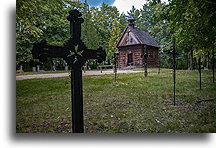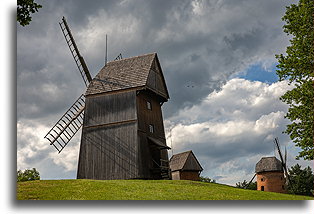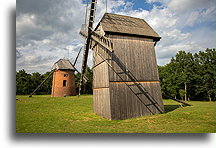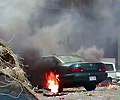The open-air museum next to Ostrów Lednicki shows the cultural heritage, traditional lifestyle and historical artifacts of Greater Poland. The museum has a typical village layout. Walking between the houses we found interesting interior decorations with original furniture, household appliances, craft tools and agricultural machinery. The buildings date from the 17th to the 20th century. All the village cottages along with the wooden church, small cemetery, group of windmills and brick manor house give the feeling of visiting a place frozen in time.
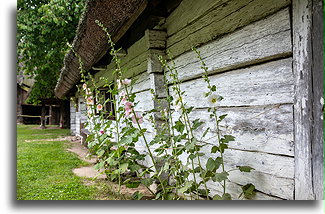
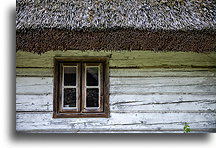
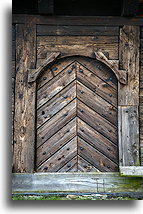
The windmill was of great importance to old rural communities. It was used to obtain flour, groats and other cereal products necessary for daily food. However, the symbolism of the windmill went further. It was often seen as a tool of supernatural powers. This was certainly due to the crackling and creaking made by working windmills. Millers working there were suspected of collusion with the devil and the wind demon.
